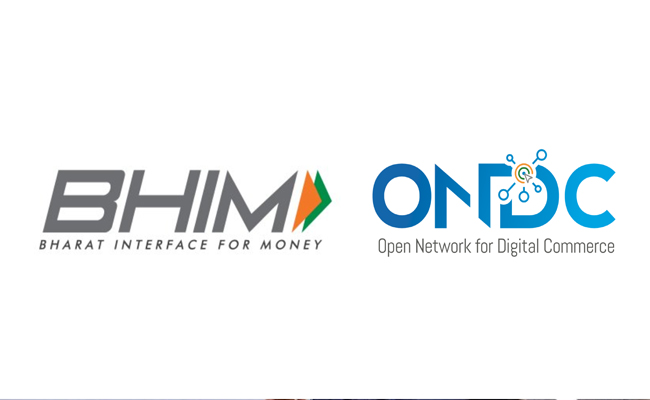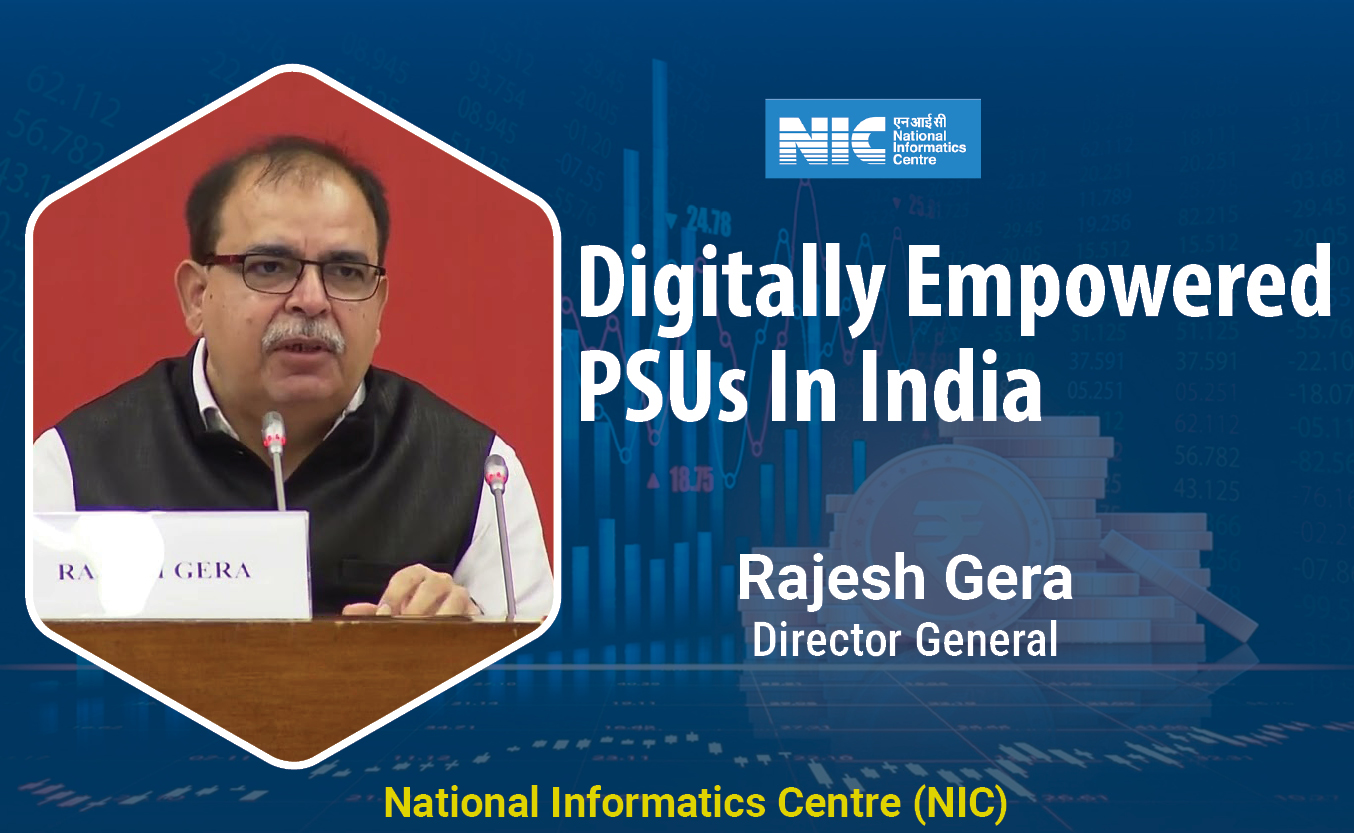India can use YES Bank debacle to chase China in crypto
By MYBRANDBOOK

The confidence in the Indian financial system has been stepping down for a quiet some time. Instead of trying to restore trust, it may be time to require less of it with the help of an official rupee crypto currency.
The last straw was the collapse of corporate lender YES Bank, which failed in slow motion in full view of the authorities. Depositors have been assured that their $20 billion-plus in stuck funds will be released after a rescue by the government-controlled State Bank of India. While that may help prevent widespread panic, even temporarily stopping people from accessing their funds would mean that from now on, not all savings and current accounts will be treated by individuals and businesses as a perfect substitute for cash. It will be both difficult and costly to revive the public’s dwindling faith.
Similarly, it would be unrealistic to assume that the YES Bank embarrassment would trigger an improvement in the status quo. The crony-capital relationships between financiers and borrowers in India are steeped in its colonial history. Putting on the gloss of Basel III capital requirements, which are supposed to make lenders less prone to failure, does not make corruption in banking go away.
A legal defeat has provided the opportunity to think afresh. Earlier this month, India’s highest court set aside the Reserve Bank of India’s directive that asked banks to not offer services to crypto currency traders and exchanges.
But in parallel, the government is considering a blanket ban on private virtual tokens. Crypto activity could get slammed again, says Tanvi Ratna, Chief Executive of dvisory firm Policy 4.0.
Currently a deposit holder has to rely on everyone from the bank’s management and board to the auditors, the rating firms and the regulator to do their jobs. When they all fail, as in the case of YES, the bank’s checkbook, ATM card, and online banking password ceases to generate liquidity.
Deposits stop being the same as cash, even if the state guarantees their safety. It would be far less painful if deposit owners only had to trust the RBI, not as a banking regulator but as a money-printing authority that could never run out of resources to settle its IOUs.
India needs to jump on the bandwagon for self-preservation. If the RBI does not make easy-to-transact digital rupees available, and leaves ordinary folks at the mercy of poorly run and supervised banks like YES, people would rather store their wealth in Silicon Valley-sponsored tokenized money or Beijing’s digital Yuan - whenever they arrive. If that happens, good luck running an independent monetary policy.


BHIM to join e-commerce, competing with PhonePe and Google Pay
The government-supported payment software BHIM is getting ready to join t...

The latest version of X helps prevent deepfakes on social medi
To combat deepfakes and shallowfakes, Elon Musk revealed a new update t...

India and Namibia collaborate on a payment system similar to U
Once operational, the platform will enable digital transactions in Namibia,...

Sebi issues show-cause notices to six Adani group firms
Sebi issued show-cause notices to six Adani Group firms, including Adani ...


Technology Icons Of India 2023: Ajit Balakrishnan
The Company markets specific channels, community features, local langu...

Technology Icons Of India 2023: Vijay Shekhar Sharma
Vijay Shekhar Sharma is an Indian technology entrepreneur and billiona...

Technology Icons Of India 2023: Rajendra Singh Pawar
Rajendra Singh Pawar is an entrepreneur and businessperson who founded...


NIC bridging the digital divide and supporting government in eGovernance
The National Informatics Centre (NIC) is an Indian government departme...

STPI encouraging software exports from India
Software Technology Parks of India (STPI) is an S&T organization under...

Leading company into fertilizers in the country
NFL is a dynamic organization committed to serve the farming community...


REDINGTON INDIA LIMITED
Redington (India) Limited operates in the IT product distribution busi...

SATCOM INFOTECH PVT. LTD.
Satcom Infotech Pvt. Ltd is a distribution houses in security in India...

ADITYA INFOTECH LTD.
Aditya Infotech Ltd. (AIL) – the technology arm of Aditya Group, is ...